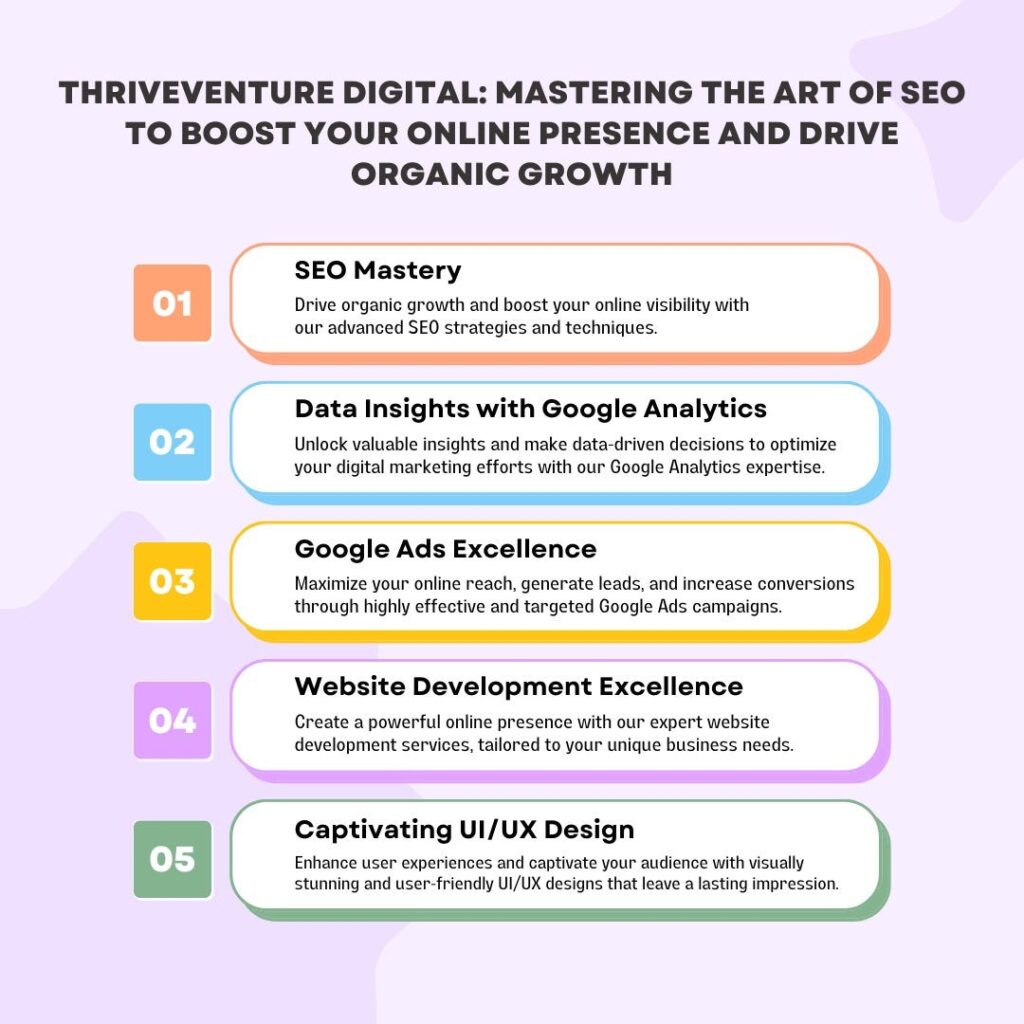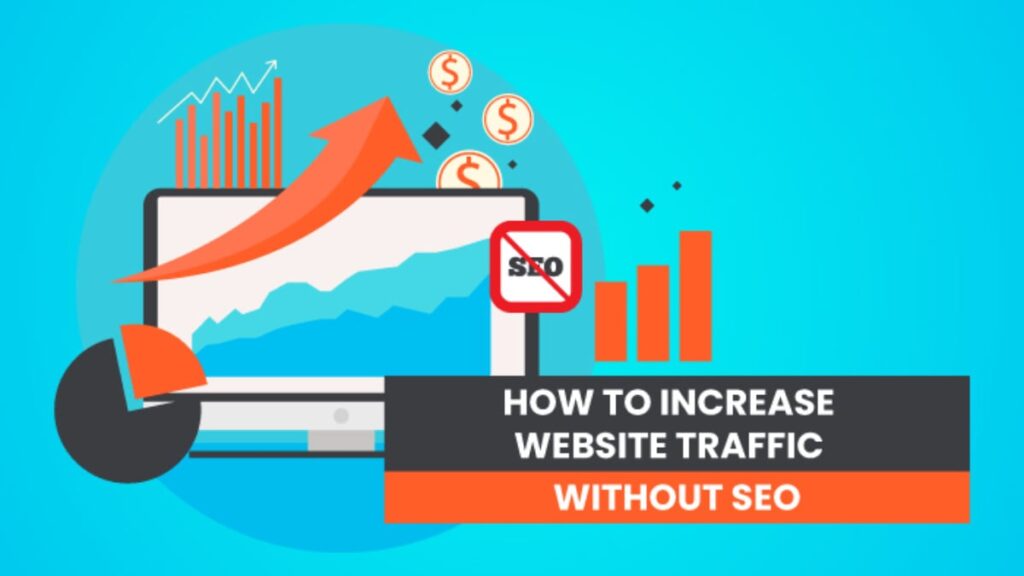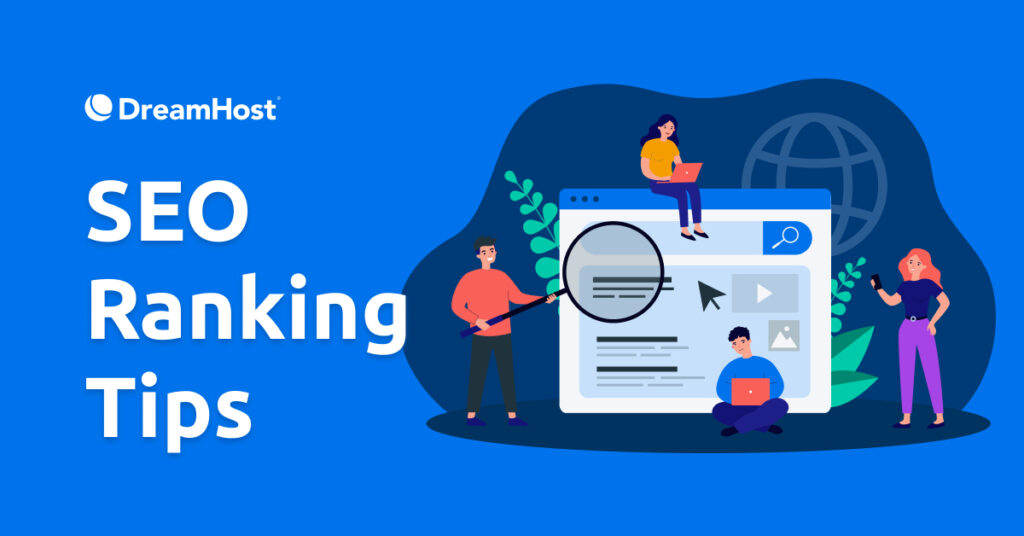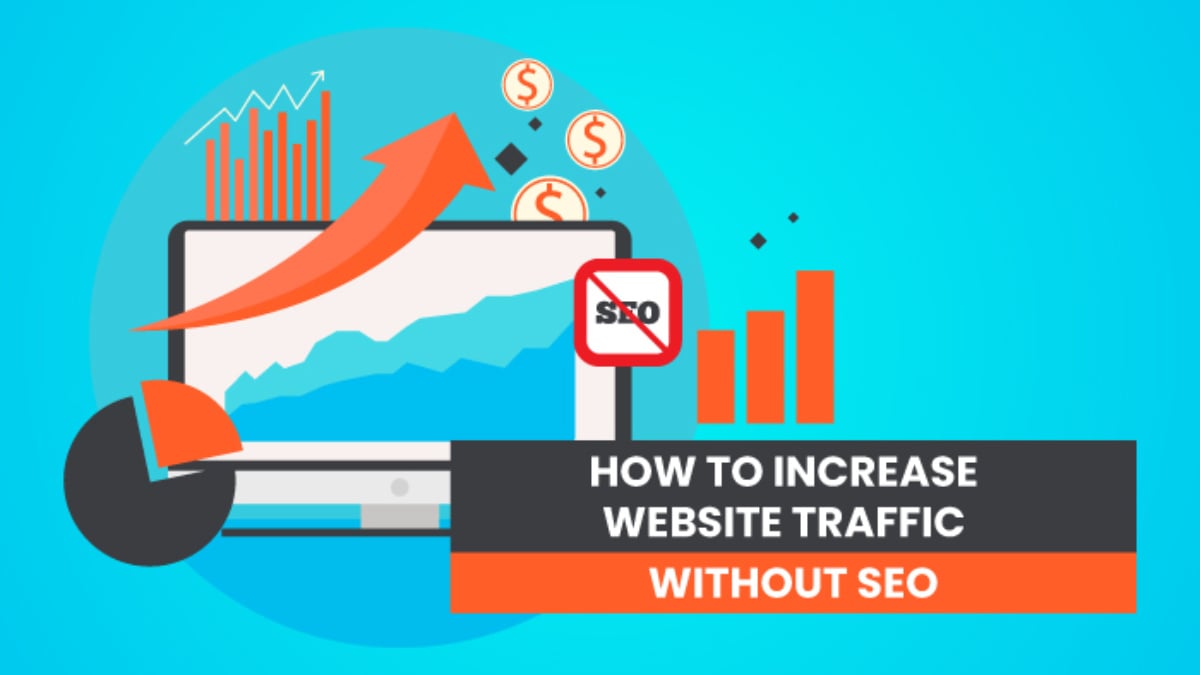
Hey there! Looking to boost your online presence and drive more traffic to your website? Well, you’ve come to the right place! In this article, we’re going to dive into the world of SEO strategies and how they can help you improve your website’s visibility and reach. Whether you’re a small business owner, a blogger, or a digital entrepreneur, understanding the power of SEO is crucial in today’s online landscape. So, let’s get started and discover the secrets to optimizing your website for better search engine rankings.
Curious to know more about how SEO can elevate your online presence? In this article, we’ll be discussing various effective strategies that you can implement to enhance your website’s visibility and attract more organic traffic. From keyword research and on-page optimization to link building and content creation, we’ll explore the different aspects of SEO that can make a significant impact on your website’s performance. So, if you’re ready to take your online presence to the next level and outshine your competitors, keep reading to learn all about the power of effective SEO strategies.
Boost Your Online Presence with Effective SEO Strategies
In today’s digital age, having a strong online presence is essential for businesses and individuals alike. It allows you to reach a wider audience, showcase your products or services, and establish credibility in your industry. One of the most powerful tools to achieve these goals is Search Engine Optimization (SEO). By understanding and implementing effective SEO strategies, you can improve your website’s visibility, increase organic traffic, and ultimately boost your online presence.
What is SEO and why is it important?
SEO refers to the process of optimizing your website to rank higher on search engine results pages (SERPs) for relevant keywords. When users search for information, products, or services related to your industry, you want your website to be among the top results they see. This is important because the majority of internet users only click on the top few results and rarely venture beyond the first page of search results.
By investing in SEO, you improve your chances of being found by potential customers, increase brand awareness, and drive more targeted traffic to your website. Ultimately, effective SEO strategies can lead to higher conversion rates, improved customer engagement, and increased sales.
The role of SEO in online marketing
Online marketing encompasses various strategies and tactics, but SEO plays a crucial role in driving organic traffic to your website. Unlike paid advertising, SEO focuses on optimizing your website to appear in search results naturally, without the need for paid placements. This makes it a cost-effective and sustainable long-term solution for improving your online presence.
Furthermore, SEO complements other online marketing strategies, such as content marketing and social media marketing. By optimizing your website’s content and structure, you can enhance the effectiveness of your content marketing efforts. Additionally, SEO techniques can be utilized to improve your social media profiles and posts, increasing their visibility and reach.
Key elements of effective SEO strategies
To enhance your online presence through SEO, it is crucial to understand and implement key elements of effective SEO strategies. These elements include:
Setting Goals for Your Online Presence
Before diving into SEO, it is essential to define your online presence objectives. Consider what you want to achieve through your website and how SEO can help you accomplish those goals. For example, your objectives may include increasing website traffic, generating leads, or increasing brand awareness.
To align your SEO efforts with your goals, it is essential to identify your target audience and relevant keywords. Understand your potential customers’ demographics, interests, and search behavior. This knowledge will enable you to optimize your website and content accordingly, ensuring they resonate with your target audience.
Moreover, establishing measurable goals for your SEO efforts is crucial. Define specific metrics you will use to track your progress, such as organic traffic, keyword rankings, conversion rates, or backlinks. This data will help you gauge the effectiveness of your SEO strategies and make data-driven adjustments when necessary.

This image is property of miro.medium.com.
Keyword Research and Analysis
Keyword research forms the foundation of any successful SEO strategy. By understanding the search terms and phrases your target audience uses, you can optimize your website’s content to align with their needs and preferences.
There are several tools and techniques available for keyword research. These tools, such as Google Keyword Planner, SEMrush, or Moz Keyword Explorer, provide valuable insights into search volume, competition, and related keywords. By utilizing these tools, you can identify high-ranking keywords that are relevant to your business and have a decent search volume.
It is also crucial to analyze the competition for your chosen keywords. Evaluate the websites that currently rank highly for your target keywords and assess their strategies. Look for opportunities to differentiate your content or provide additional value to users. Additionally, consider the search volume for your desired keywords and prioritize those with a higher search volume for optimal results.
On-Page Optimization Techniques
On-page optimization involves optimizing various elements on your website to enhance its visibility and relevance to search engines. These techniques ensure that search engines understand and rank your content correctly, driving organic traffic to your website.
A crucial aspect of on-page optimization is optimizing meta tags and descriptions. Meta tags include the title tag, meta description, and header tags. These elements provide search engines with important information about your website and its content. By optimizing these tags with relevant keywords, you can improve your website’s visibility in search results.
Creating keyword-rich content is another essential on-page optimization technique. Develop informative and engaging content that incorporates relevant keywords naturally. Ensure that your content is well-structured with appropriate headings, bullet points, and paragraphs to enhance readability and user experience.
Improving website speed and mobile-friendliness are also vital on-page optimization techniques. Users expect websites to load quickly and be easily accessible from their mobile devices. By optimizing your website’s speed and ensuring it is mobile-friendly, you can improve user experience, reduce bounce rates, and increase the chances of your website ranking higher in search results.

This image is property of growth99.b-cdn.net.
Off-Page Optimization Strategies
In addition to on-page optimization, off-page optimization strategies focus on improving your website’s visibility and authority through external factors. These strategies involve building high-quality backlinks, utilizing social media for SEO, and engaging in influencer marketing.
Building high-quality backlinks is an essential off-page optimization technique. Backlinks are links from other websites that direct users to your website. Search engines view backlinks as a vote of confidence, indicating that your website is trustworthy and relevant. Focus on acquiring backlinks from authoritative and reputable websites within your industry. This can be achieved through strategies such as guest blogging, outreach campaigns, or creating valuable content that naturally attracts backlinks.
Social media can also play a significant role in boosting your online presence. Use social media platforms to share your content, engage with your audience, and promote your website. Additionally, social signals, such as likes, shares, or comments, can indirectly impact your SEO efforts by increasing visibility and driving traffic to your website.
Engaging in influencer marketing is another effective off-page optimization strategy. Identify influencers in your industry who have a large following and credibility. Collaborate with them to create content or promote your brand, as this can significantly increase your website’s visibility and attract more targeted traffic.
Technical SEO Factors
While on-page and off-page optimization strategies are crucial, technical SEO factors also play a significant role in improving your online presence. Technical SEO focuses on optimizing your website’s structure, navigation, and overall performance to enhance user experience and search engine crawlability.
Ensure that your website has a clear and logical structure with intuitive navigation. A well-organized website makes it easier for users and search engines to navigate and understand your content. Consider creating a sitemap, which is a file that lists all the pages on your website and their relationships, further aiding search engine crawlability and indexing.
Optimizing your URL structure is also essential for technical SEO. Use descriptive and relevant keywords in your URLs to provide both users and search engines with more information about the page’s content. Additionally, implement schema markup on your website. Schema markup is a form of microdata that allows search engines to understand your content better and display rich snippets in search results, enhancing your website’s visibility and click-through rates.

This image is property of neilpatel.com.
Monitoring and Analyzing SEO Performance
To ensure the effectiveness of your SEO strategies, it is crucial to monitor and analyze your website’s performance regularly. Track your website’s rankings for target keywords and assess changes in organic traffic. This data will provide valuable insights into the effectiveness of your SEO efforts and help you identify areas for improvement.
Utilize analytics tools, such as Google Analytics or Moz, to analyze your website’s performance. These tools provide detailed data on various metrics, including traffic sources, user behavior, and conversion rates. Use this data to evaluate the success of your SEO strategies, identify trends, and make data-driven adjustments to optimize your website further.
Local SEO Strategies
If your business operates locally, optimizing for local search results is essential. Local SEO strategies help you improve your visibility in local search results, connect with local customers, and drive foot traffic to your brick-and-mortar location.
Optimizing for local search results involves various techniques, such as optimizing your Google My Business listing, local citation building, and geo-targeted keyword optimization. Ensure that your business information, such as name, address, and phone number (NAP), is consistent across all online directories and review websites. Encourage your customers to leave reviews and ratings, as positive reviews can significantly impact your local search rankings.

This image is property of seoforgrowth.com.
Mobile SEO Optimization
With the increasing use of smartphones and mobile devices, optimizing for mobile search results is crucial for maintaining a strong online presence. Mobile SEO optimization involves making your website mobile-friendly, optimizing for mobile search intent, and implementing responsive design and Accelerated Mobile Pages (AMP) technology.
Having a mobile-friendly website is essential, as users expect seamless browsing experiences on their smartphones. Ensure that your website is responsive and adjusts to different screen sizes and orientations. Additionally, optimize your content for mobile search intent by understanding how users search for information using mobile devices and tailoring your content accordingly.
Implementing responsive design and AMP technology can further enhance your mobile SEO efforts. Responsive design ensures that your website adapts to different screen sizes, regardless of the device used. AMP technology, on the other hand, improves page loading speed on mobile devices, providing a better user experience and potentially boosting your search rankings.
Conclusion
Effective SEO strategies are crucial for boosting your online presence and achieving your website’s goals. By understanding the key elements of SEO and implementing them strategically, you can increase your website’s visibility, drive organic traffic, and ultimately improve your overall online presence.
Remember to set clear goals for your online presence, conduct thorough keyword research, optimize your website’s content and structure, utilize off-page optimization strategies, and pay attention to technical SEO factors. Regularly monitor and analyze your SEO performance, make data-driven adjustments, and adapt your strategies accordingly.
By investing time and effort into effective SEO strategies, you can position yourself ahead of the competition, attract an engaged audience, and establish a strong and credible online presence for sustained success.

This image is property of www.dreamhost.com.





